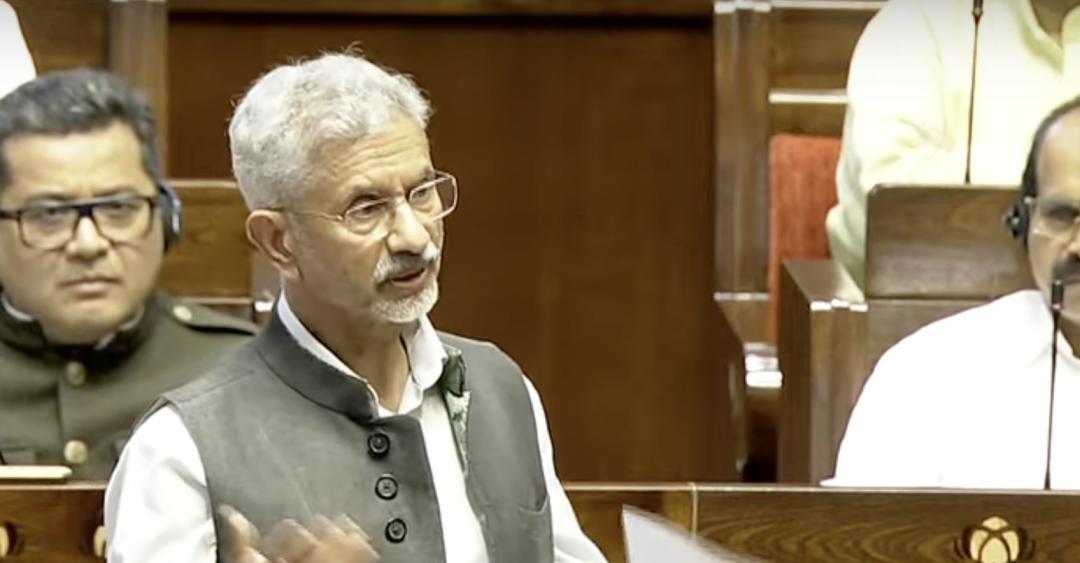
Title: We Did a Global Service by Destroying Bahawalpur & Muridke: EAM
In a recent statement in the Rajya Sabha, India’s External Affairs Minister, S Jaishankar, made a bold claim that has sent shockwaves across the globe. He asserted that India did a “global service” by reducing Bahawalpur and Muridke, two of the nine Pakistani terror camps destroyed in Operation Sindoor on May 7, to dust. The minister’s statement has sparked a heated debate, with many questioning the validity of his claim. But what exactly did Jaishankar mean by his statement, and is there any truth to it?
To understand the context, it is essential to know what Bahawalpur and Muridke are and what role they played in the global terrorism landscape. Bahawalpur and Muridke were considered two of the most notorious terror camps in Pakistan, known for their association with extremist groups like Lashkar-e-Taiba (LeT) and Jaish-e-Mohammed (JeM). These camps were responsible for training and housing thousands of terrorists, who then went on to carry out attacks across the world, including in India.
For decades, Bahawalpur and Muridke were considered the biggest centres of terrorism globally, with a significant presence of international terrorists and extremist groups. The camps were known for their extreme radicalization and indoctrination of young minds, which led to the production of a large number of brainwashed terrorists. Many of these terrorists went on to carry out attacks in various parts of the world, causing harm to innocent civilians and causing widespread destruction.
In this context, Jaishankar’s statement that India did a “global service” by destroying Bahawalpur and Muridke is not just a hyperbole. It is a statement that reflects the reality of the situation. By destroying these camps, India did indeed do a service to the global community. For decades, these camps were a thorn in the side of international security, and their destruction has sent a strong message to terrorist organizations and their backers.
The destruction of Bahawalpur and Muridke was a significant achievement for India, and it was a testament to the country’s commitment to combating terrorism. The operation, codenamed Operation Sindoor, was carried out on May 7, and it involved a series of precision airstrikes by the Indian Air Force on the two camps. The operation was a major success, with both camps being completely destroyed and a large number of terrorists killed.
But Jaishankar’s statement also has a broader significance. It highlights the need for international cooperation in combating terrorism. For too long, terrorist organizations have been able to operate with impunity, thanks to the lack of coordination and cooperation between countries. The destruction of Bahawalpur and Muridke shows that when countries work together, they can achieve significant results in combating terrorism.
Jaishankar’s statement has also sparked a debate about the role of Pakistan in the global fight against terrorism. Many have questioned Pakistan’s commitment to combating terrorism, given its long history of supporting extremist groups. The destruction of Bahawalpur and Muridke is a reminder that Pakistan needs to take concrete steps to address the terrorist infrastructure that exists within its borders.
In conclusion, Jaishankar’s statement that India did a “global service” by destroying Bahawalpur and Muridke is a statement that reflects the reality of the situation. The destruction of these camps was a significant achievement for India, and it sent a strong message to terrorist organizations and their backers. It also highlights the need for international cooperation in combating terrorism and the need for Pakistan to take concrete steps to address the terrorist infrastructure that exists within its borders.
Source: https://www.youtube.com/watch






